in secondary schools in Afikpo Education Zone of Ebonyi State. Two research questions and
two null hypotheses guided the study. The study adopted descriptive survey design. The
population comprised seven hundred and twenty nine (729) teachers from 97 public
secondary schools in Afikpo Education Zone, Ebonyi State. The sample of the study
comprised two hundred and nineteen (219) teachers from seventy three (73) public
secondary schools in Afikpo Education Zone of Ebonyi Sate (109 males and 110 female
teachers) drawn through stratified random sampling technique. The instrument for data
collection was researchers-developed questionnaire titled “Principals’ Personnel
Management Practices Questionnaire (PMPQ)”. The instrument was validated by three
lecturers in Faculty of Education, Ebonyi State University and reliability established which
yielded the overall index of 0.73. Data collected were analysed using mean and standard
deviation while the data on hypotheses were tested using t-test of independent sample at
0.05 level of significance. The study revealed among other things that promoting teachers’
welfare packages and involving teachers in decision making by principals as a management
practice positively affects teacher’ retention in public secondary school in Afikpo Education
Zone of Ebonyi State. There was no significant difference (p>0.05) in the mean ratings of
male and female teachers on the extent promoting teachers’ welfare packages and teachers’
participation in decision making by principals affects teacher’ retention in public secondary
school in Afikpo Education Zone of Ebonyi State. Based on these findings, the researchers
recommended among other things that the All Nigeria Conference of Principal of Secondary
Schools (ANCOPSS) should engineer the government on ensuring the advocacy and serve as
pressure group on the government to ensure that teachers are remunerated, paid on time,
provide healthcare services and promoted as at when due, among others to motivate them
to stay in teaching profession.
Keywords: Personnel Management Practice, Teachers’ Retention, Secondary Schools
